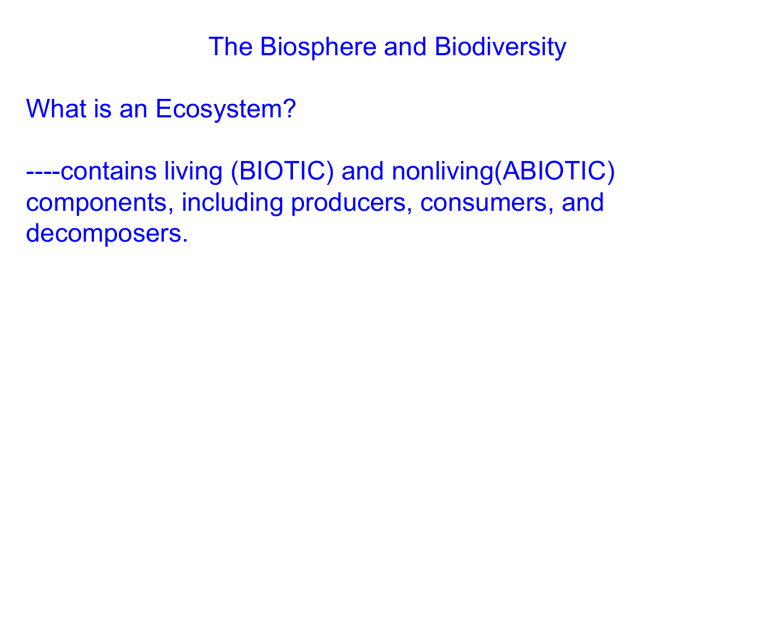Tesla Ownership Demographics: Political Affiliations Among Electric Vehicle Enthusiasts
Tesla ownership demographics: political affiliations among electric vehicle enthusiasts
The intersection of technology adoption and political affiliation has become a progressively interesting area of study. Tesla, as the lead electric vehicle manufacturer in the United States, have a customer base that many researchers and marketers are eager to understand. One question often asks is about the political leanings of tesla owners – specifically, how many tesla owners identify as democrats versus republicans or other political affiliations.
Understand the political makeup of tesla owners
Research suggest that tesla ownership does skew toward democratic voters, though the picture is more nuanced than a simple partisan divide. Multiple studies and surveys have attempt to quantify this relationship, provide some interesting insights into the connection between political beliefs and electric vehicle adoption.
The data on tesla owners’ political affiliations
Accord to research from strategic vision, a consumer research firm that regularly survey new vehicle owners, some 38 % of tesla owners identify as democrats, compare to most 25 % who identify as republicans. The remain percentage consist of independents and those who prefer not to disclose their political affiliation.
Another study by the hedges & company automotive market research firm find similar results, with tesla owners lean democratic by a margin of approximately 3:2 when compare to republican owners.
Regional variations in tesla ownership
The political affiliation of tesla owners vary importantly by region. In coastal states like California, Washington, and New York – traditionally democratic lean states – tesla ownership rates are higher, and owners are more likely to identify as democrats. In contrast, tesla owners in states like Texas, Florida, and other parts of the south and Midwest are more equally split between political parties.
California entirely accounts for most 40 % of all tesla sales in theUnited Statess, and it’s a state where register democrats outnumber republicans by a significant margin. This geographic concentration courseinfluencese the overall political makeup of tesla’s customer base.
Factors influence the political divide among tesla owners
Environmental consciousness
One significant factor that correlate with both tesla ownership and Democratic Party affiliation is environmental consciousness. Polling systematically shows that democratic voters tend to prioritize environmental issues and climate change concerns more extremely than republican voters.
Tesla’s mission to accelerate the world’s transition to sustainable energy resonate powerfully with environmentally conscious consumers, who are statistically more likely to vote democratic. The decision to purchase an electric vehicle much stem from a desire to reduce one’s carbon footprint, a value that align more nearly with Democratic Party platforms.
Urban vs. Rural divide
Tesla ownership is concentrate in urban and suburban areas, where charge infrastructure is more developed and where democratic voters tend to be more numerous. Rural areas, which typically lean republican, have been slower to adopt electric vehicles due to concerns about drive range and charge availability.

Source: hedgescompany.com
This urban rural divide creates a natural correlation between tesla ownership andDemocratic Partyy affiliation that may have more to do with geography and infrastructure than with political ideology straightaway.
Income and education levels
Tesla vehicles, peculiarly models like the model s and model x, have traditionally been luxury purchases. Higher income and education levels correlate with both tesla ownership and, in recent electoral patterns, with democratic voting tendencies in certain regions.
College educate professionals in high income brackets, particularly those in technology sectors and coastal cities, are more likely to purchase teslas and are too more likely to vote democratic. Yet, this correlation has evolved as tesla hasintroducede more affordable models like the model 3 and model y.
Evolution of tesla’s customer base over time
From luxury to mainstream
When tesla beginning enter the market with the roadster and model s, its customer base consists mainly of wealthy early adopters, many from technology sectors and coastal regions. As the company hasexpandedd its product line to include more affordable vehicles, its customer base hdiversifiedify both economically and politically.
The model 3 and model y have attracted a broader spectrum of buyers, include more moderate and conservative consumers who may bdrawnaw to tesla for reasons beyond environmental concerns, such as performance, technology, and lower operating costs.
The Elon Musk factor
Tesla CEO Elon Musk’s public statements and political positions have to influence the company’s brand perception among different political groups. Musk has express views across the political spectrum and has ccriticizedboth major political parties at various times.
In recent years, some of musk’s statements have resonated more with conservative and libertarian viewpoints, potentially make the brand more appealing tonon-democraticc voters. This evolution in leadership message may be graduallyshiftedt the political makeup of new tesla buyers.
Compare tesla to other electric vehicle brands
Political affiliations across EV brands
Research indicate that electric vehicle ownership in general – not exactly tesla – tend to skew democratic. Owners of other EV brands like Chevrolet bolt, Nissan Leaf, and BMW i3 show similar political patterns to tesla owners, though with some variations.
For example, Chevrolet bolt owners appear to be yet more intemperately democratic lean than tesla owners, while luxury European electric vehicles may attract a slightly more politically balanced customer base.
The hybrid middle ground
Interestingly, hybrid vehicle owners (like those drive a tToyota Prius)represent a more politically balanced group than pure electric vehicle owners. This susuggestshat the step to full electric vehicle adoption may correlate more powerfully with progressive political views than the more incremental step to hybrid technology.
Beyond party lines: other demographic factors
Age demographics
Tesla ownership skews toward younger and middle-aged adults, with the majority of owners fall between 35 and 55 years old. This age group has show increase Democratic Party affiliation in recent elections, peculiarly among those with higher education levels – another characteristic common among tesla owners.
Gender dynamics
Tesla owners are preponderantly male, with some surveys suggest that up to 70 % of tesla drivers are men. Gender to play a role in political affiliation patterns, with women more likely to vote democratic than men in recent elections.

Source: kamilfranek.com
The gender imbalance in tesla ownership may really moderate the overall democratic skew that would differently be yet more pronounced if the gender ratio were more balanced.
Policy implications of tesla ownership demographics
Electric vehicle incentives
Understand the political makeup of electric vehicle owners have implications for policy discussions about eEVincentives and infrastructure investment. Critics sometimes characterize electric vehicle tax credits as subsidies for wealthy democratic voters.
Yet, as tesla and other manufacturers continue to produce more affordable electric vehicles, the political diversity of EV owners is likely to increase, potentially broaden political support for EV friendly policies.
Climate policy and consumer behavior
The correlation between political affiliation and electric vehicle adoption provide insights into how climate policies might be more efficaciously frame to appeal across the political spectrum. Emphasize aspects of electric vehicles beyond environmental benefits – such as performance, technology, and energy independence – may help broaden their appeal.
How marketing approaches differ base on political demographics
Tesla’s marketing strategy (or lack therefrom, as the company does minimal traditional advertising )has evevolveds its understanding of its customer base has ddeveloped The company’s messaging emphasize different aspects of its vehicles to appeal to different demographic groups.
Environmental messaging vs. Performance message
For environmentally conscious consumers, who are more likely to be democrats, tesla emphasize sustainability, zero emissions, and clean energy. For performance orient consumers, who may span the political spectrum, tesla highlights acceleration, handling, and technological innovation.
This dual message strategy allows tesla to appeal to both its core democratic lean customer base and to potential buyers with different political affiliations who may bedrawnw to other aspects of the vehicles.
The future of tesla’s customer base
Broaden appeal across political lines
As electric vehicles become more mainstream and tesla continue to expand its product lineup and price points, its customer base is likely to become more politically diverse. The introduction of the Cybertruck, for example, may attract more conservative buyers who might not have considered a teslantecedently.
International comparisons
In other countries, the political dynamics of tesla ownership differ from those in the United States. In Norway, where tesla has achieved remarkable market penetration, electric vehicle ownership span the political spectrum more equally, suggest that asEVv adoption increase, the political divide among owners may decrease.
Conclusion: beyond simple political divides
While current data suggest that tesla owners are more likely to be democrats than republicans, this correlation is influence by multiple factors include geography, income, education, environmental values, and urban / rural divides. As electric vehicles become more mainstream and tesla will continue to will evolve its product lineup and messaging, the political makeup of its customer base will potential will continue to will diversify.
Understand these demographic patterns provide valuable insights for policymakers, marketers, and researchers interested in the adoption of sustainable technologies. Yet, it’s important to avoid oversimplification – tesla ownership, like most consumer behaviors, is influence by a complex interplay of factors that extend beyond simple political affiliations.
The trend toward electric vehicle adoption continue to grow across political lines, suggest that while democrats may have been earlier adopters of tesla vehicles, the technology’s appeal is gradually transcended partisan divides as more consumers recognize the benefits of electric mobility.
MORE FROM techitio.com













